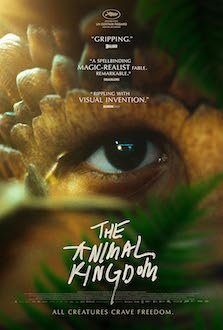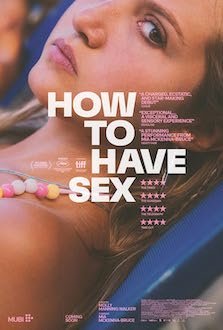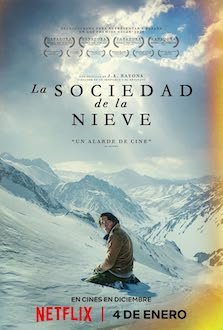Direction: Giuseppe Tornatore
Country: Italy
This illuminating, elucidative, and enthralling documentary delves into the life and work of Ennio Morricone, the most popular and prolific composer of the 20th Century. Directed by Giuseppe Tornatore (Cinema Paradiso, 1988; The Legend of 1900, 1998), the film establishes a genuine closeness with the artist. Classic in form yet highly informative, it is neatly structured and strikes a perfect balance. Tornatore skillfully intersperses interviews with key figures such as filmmakers, musicians, screenwriters, and collaborators, alongside insightful footage fragments from Morricone's different career phases.
Throughout the documentary, viewers uncover treasures from the legendary composer's journey. Morricone's father initially envisioned him following in his footsteps as a trumpet player, never imagining he would become one of the greatest film scorers in history. Described as enigmatic, discreet, serious, crazy, and innovative, Morricone candidly discusses his frustrations and triumphs, expressing only one regret: not collaborating with Stanley Kubrick on his 1971 masterpiece, Clockwork Orange. Despite grappling with criticism and feelings of guilt due to his involvement in film, the composer pushed himself even harder, consistently displaying originality and a penchant for experimentation.
Ennio takes audiences on an emotional journey without descending into melodrama, partially thanks to the masterful editing by Massimo Quaglia and Annalisa Schillaci, who keep things fluid and interesting. After watching this documentary, viewers may find themselves drawn deeper into Morricone's brilliant soundtracks and compelled to explore his musical genius further.








































